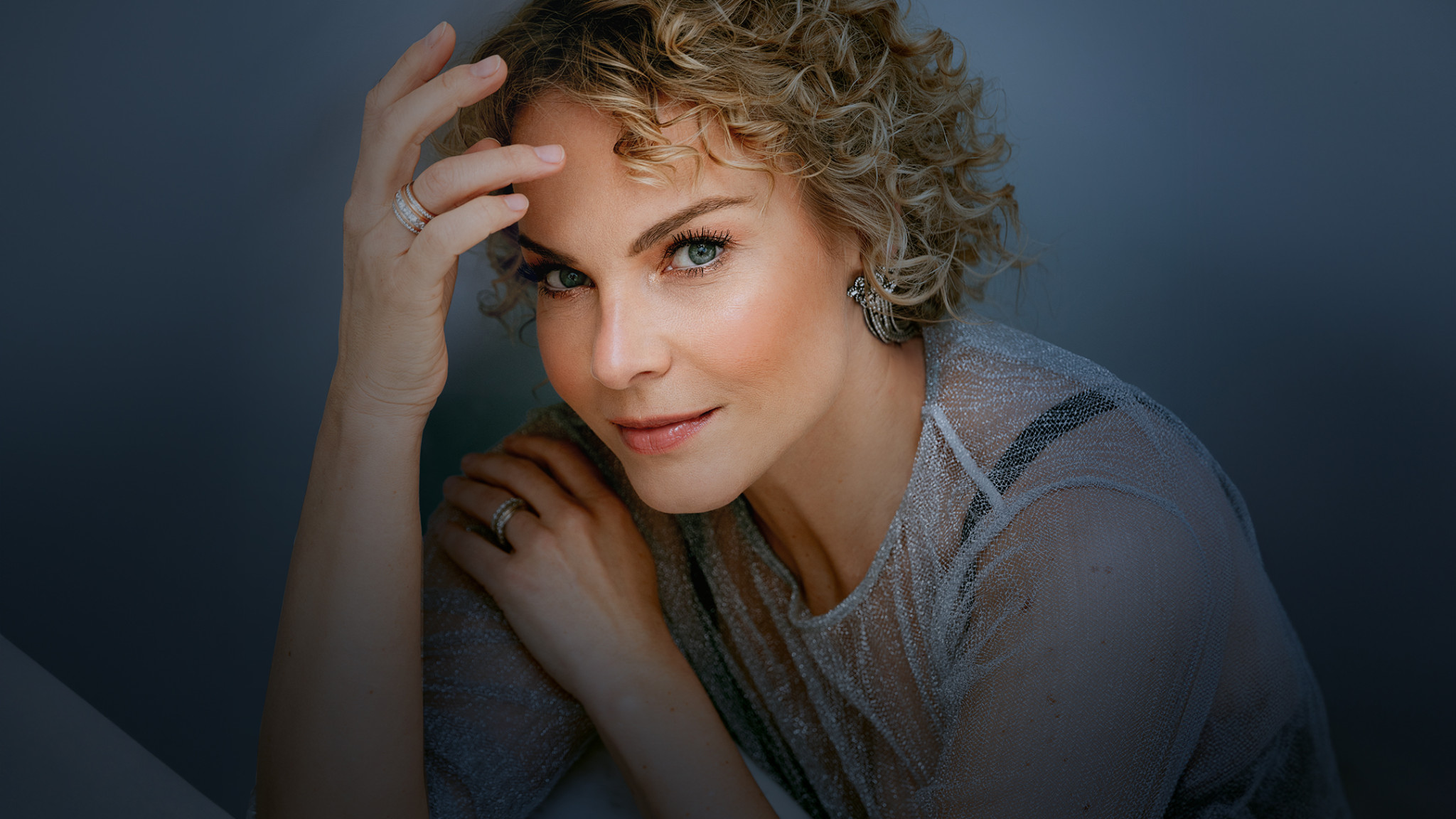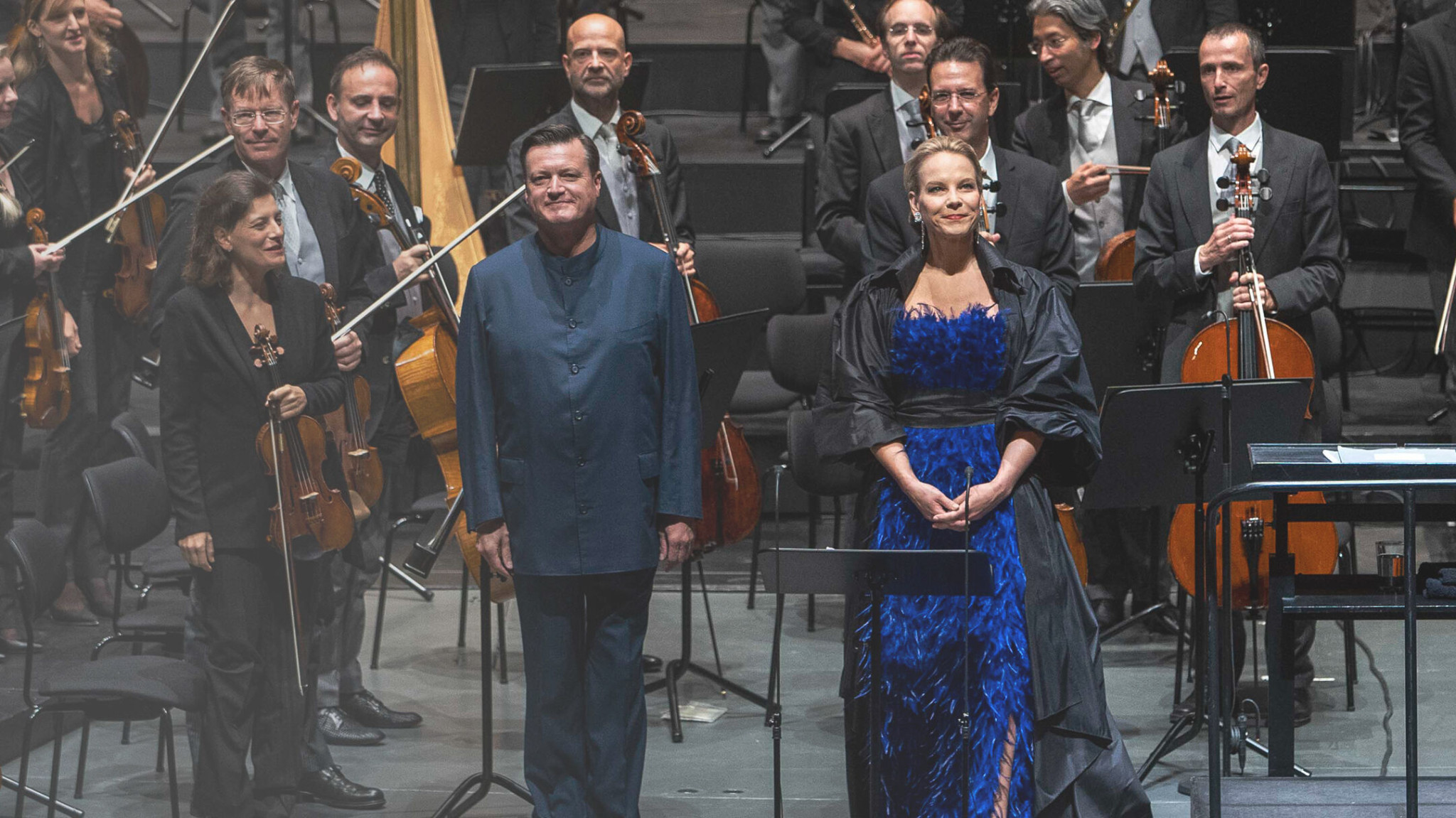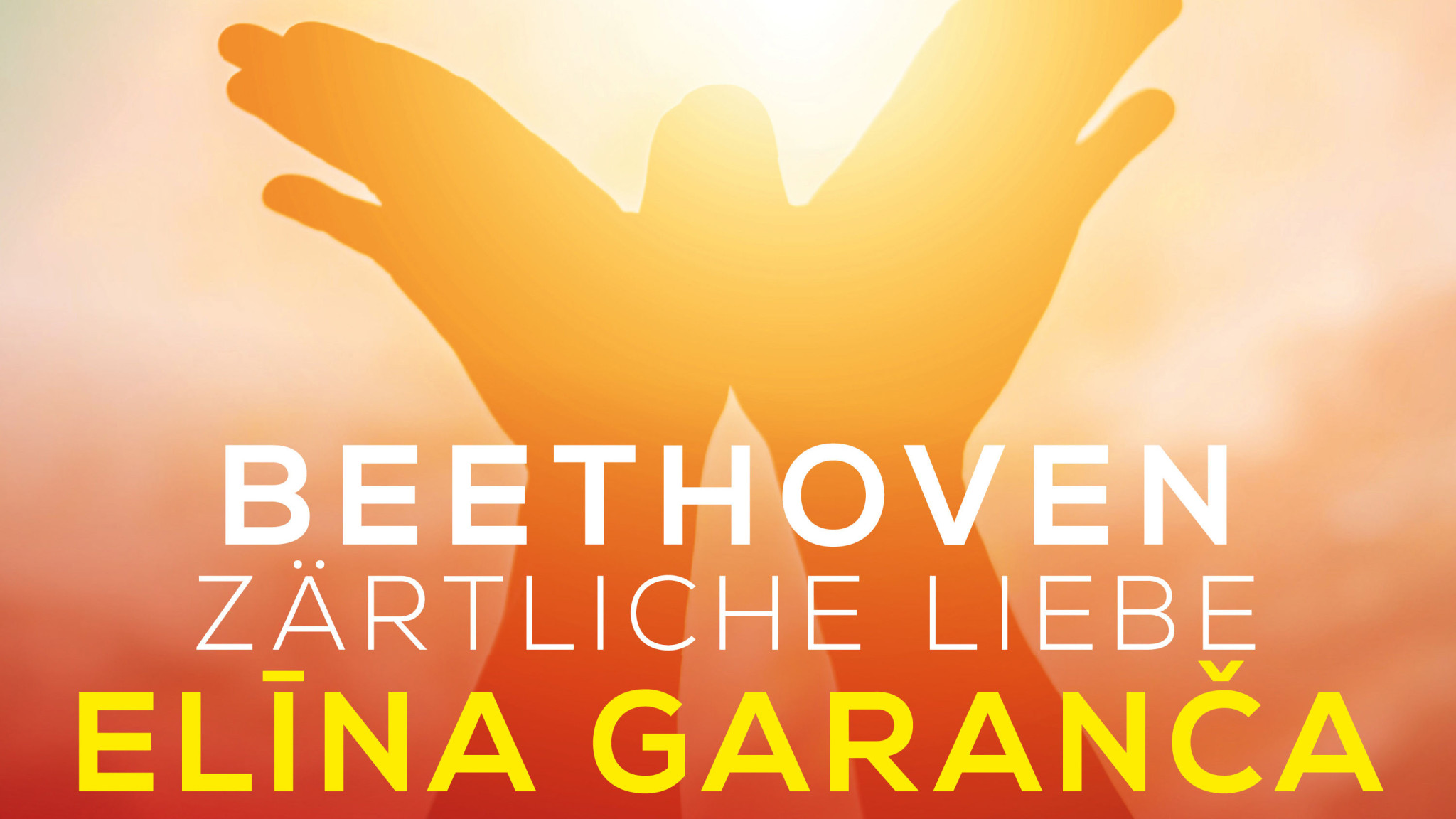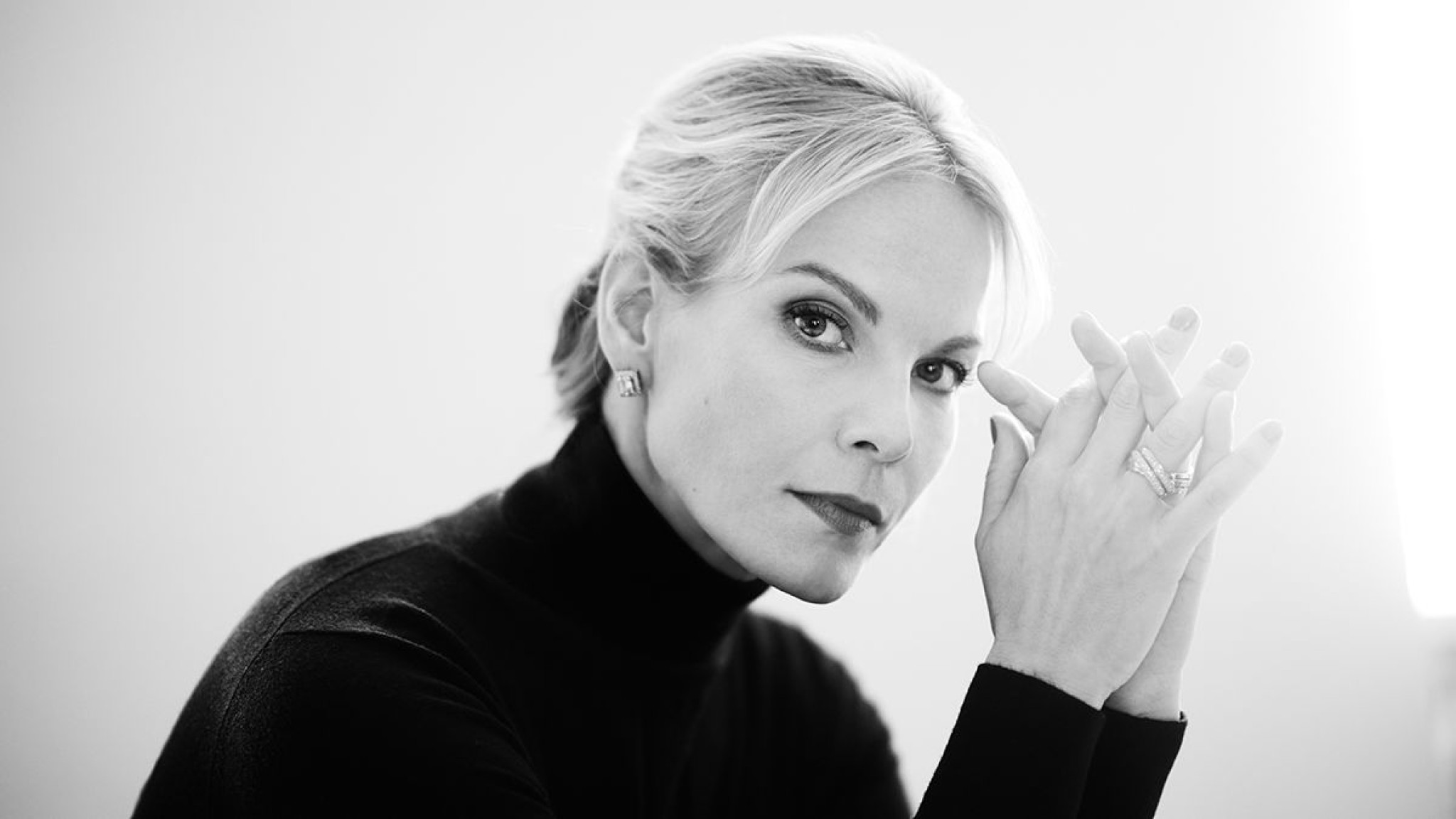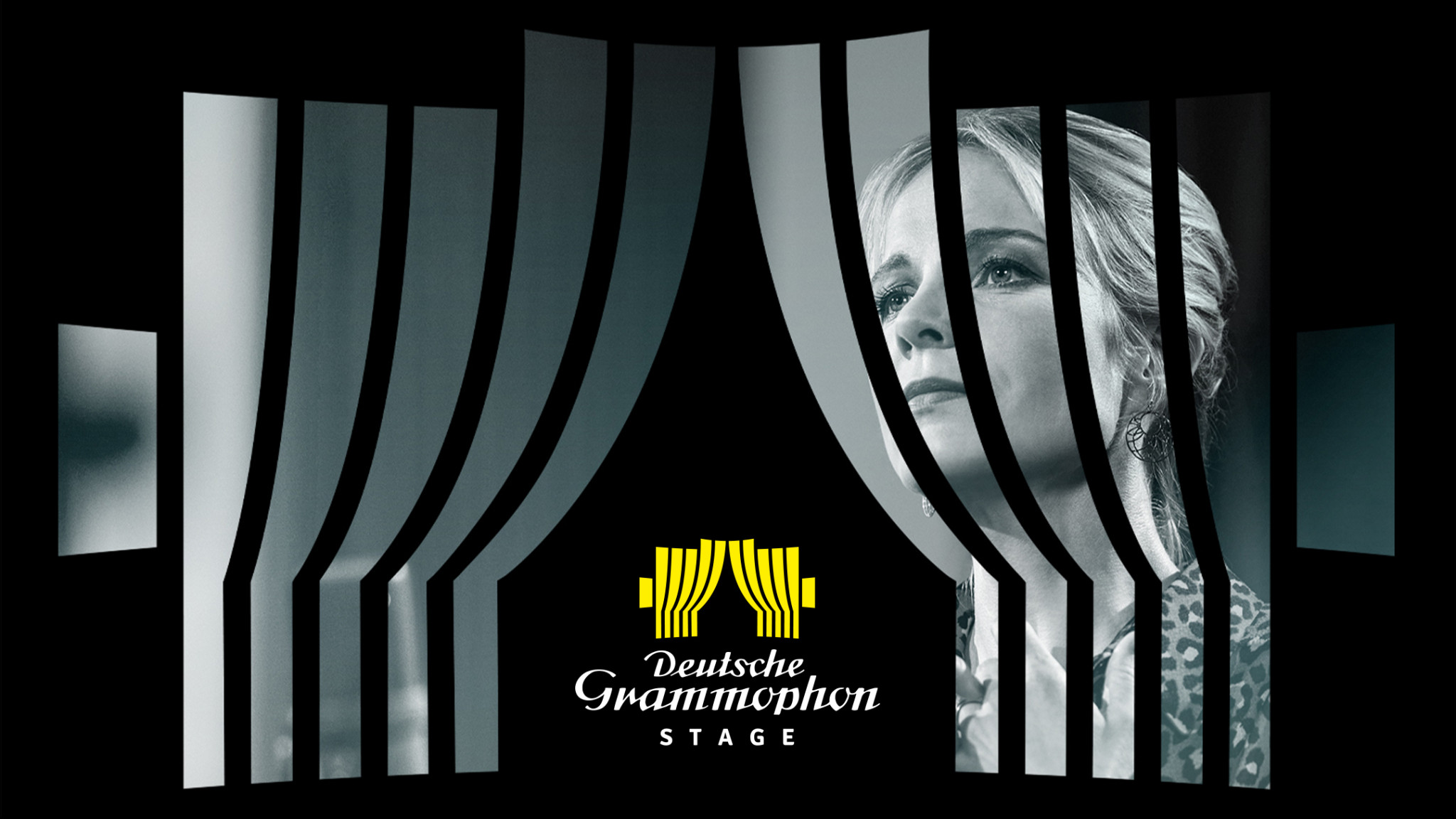Elīna Garanča and Andreas Schager Star in the Acclaimed 2023 Bayreuth Festival Production of Parsifal, Conducted by Pablo Heras-Casado

Deutsche Grammophon is delighted to announce the latest fruit of its global media partnership with the Bayreuth Festival: Jay Scheib’s acclaimed and groundbreaking new production of Parsifal. His staging, which incorporated AR (augmented reality) visuals, was premiered at the Festspielhaus on 25 July 2023 and received its international online premiere on DG’s STAGE+ platform a day later. Making her Bayreuth debut, DG artist Elīna Garanča starred as Kundry opposite Andreas Schager in the title role. The production was conducted by Pablo Heras-Casado, enjoying his own “triumphant debut” (BR-KLASSIK) at the Festspielhaus.
For the first time since becoming the Festival’s exclusive audiovisual partner in 2015, DG will present both audio and video recordings of the opera. The latter (2 Blu-rays) offers three sound formats, including Dolby Atmos, and comes with a booklet with full details about the work and production. Even without the AR elements that were available to some members of the Bayreuth audience, the filmed version offers viewers a breathtaking audiovisual experience. The audio recording, which includes a second booklet containing the full German libretto and an English translation, will be available digitally and as a 4-CD set. Both versions will be released on 28 June 2024, while the Prelude to Act Three and Kundry’s aria “Ich sah das Kind an seiner Mutter Brust” will be issued as digital taster tracks on 31 May and 14 June respectively.
Wagner’s final music drama was written specifically (and originally exclusively) for the Bayreuth Festspielhaus, where it was premiered in July 1882. Drawing on the composer’s own love of technical and aesthetic innovation, American director Jay Scheib sets his version of Parsifal in an apocalyptic future. In this world, intensive mining practices have laid waste to the natural environment. The holy water is polluted and toxic, while the quest for the Holy Grail has become a pursuit of the mineral cobalt, an essential part of many electronic devices.
Scheib, who is also a professor at the Massachusetts Institute of Technology (MIT), has used cutting-edge technologies in his work for many years. He broke new ground at Bayreuth, working closely with his long-time collaborator and MIT colleague Joshua Higgason – designer of the opera’s video projections and AR elements. Adding to the visual impact of the staging are Mimi Lien’s sets, Meentje Nielsen’s costumes, and Rainer Casper’s lighting designs.
An exceptional team of performers was assembled for the production, headed by Spanish conductor Pablo Heras-Casado, who consistently succeeded in realising his artistic vision in “one of the most remarkable Bayreuth debuts of recent years” (Die Welt). BR-KLASSIK observed that “he accomplishes something from the start that other more famous conductors have repeatedly failed to do, namely getting the orchestra, the soloists and the fantastic chorus to really breathe together”. The Neue Zürcher Zeitung also paid tribute to Heras-Casado’s “impressive Bayreuth debut”, noting that “he absolutely seduces you into listening – the delicacy of orchestral and dynamic detail he achieves is unparalleled, revealing a stylistic confidence honed through his long experience of historically informed performance practice”. The chorus (directed by Eberhard Friedrich), meanwhile, was hailed by The New York Times as “poised and powerful”.
There were rave reviews too for each and every member of an exceptional cast. Tenor Andreas Schager, stepping in at short notice for an indisposed Joseph Calleja, was praised by the Financial Times for singing the title role with “breathtaking strength, refinement and rhetorical force”. As Kundry, mezzo-soprano Elīna Garanča was “dazzling” (Opera), “the star of the evening” (Bachtrack), her voice hailed as “luxurious – lean yet velvety” (New York Times). For the FT, bass Georg Zeppenfeld’s Gurnemanz was “spellbinding, every word shaped with love, his long narrations thrillingly told” while bass-baritone Derek Welton’s Amfortas “[looked] fragile but [sounded] robust, wise, and authoritative”. Baritone Jordan Shanahan (Klingsor) was “menacing and took full advantage of Bayreuth’s acoustics to show it” (The New Criterion), and “the bronze voice” of bass Tobias Kehrer (Titurel) “made an impact every time he sang” (Forum Opéra).
Pablo Heras-Casado returns to Bayreuth to conduct all six performances of Jay Scheib’s Parsifal at this year’s Festival (27 July & 7, 10, 14, 17, 24 August), which opens on 25 July with a new production of Tristan und Isolde. This will be streamed live on STAGE+. Directed by Bayreuth debutant Thorleifur Örn Arnarsson and conducted by Semyon Bychkov, it stars Andreas Schager and Camilla Nylund. STAGE+ is home to the most comprehensive on-demand Bayreuth Festival collection. Its offerings include classic stagings such as Patrice Chéreau’s “Centenary Ring” cycle as well as all new productions of the last decade, documented by DG as part of its partnership with Bayreuth. Subscribers can also enjoy landmark DG and Decca audio recordings, behind-the-scenes films and artist interviews.

